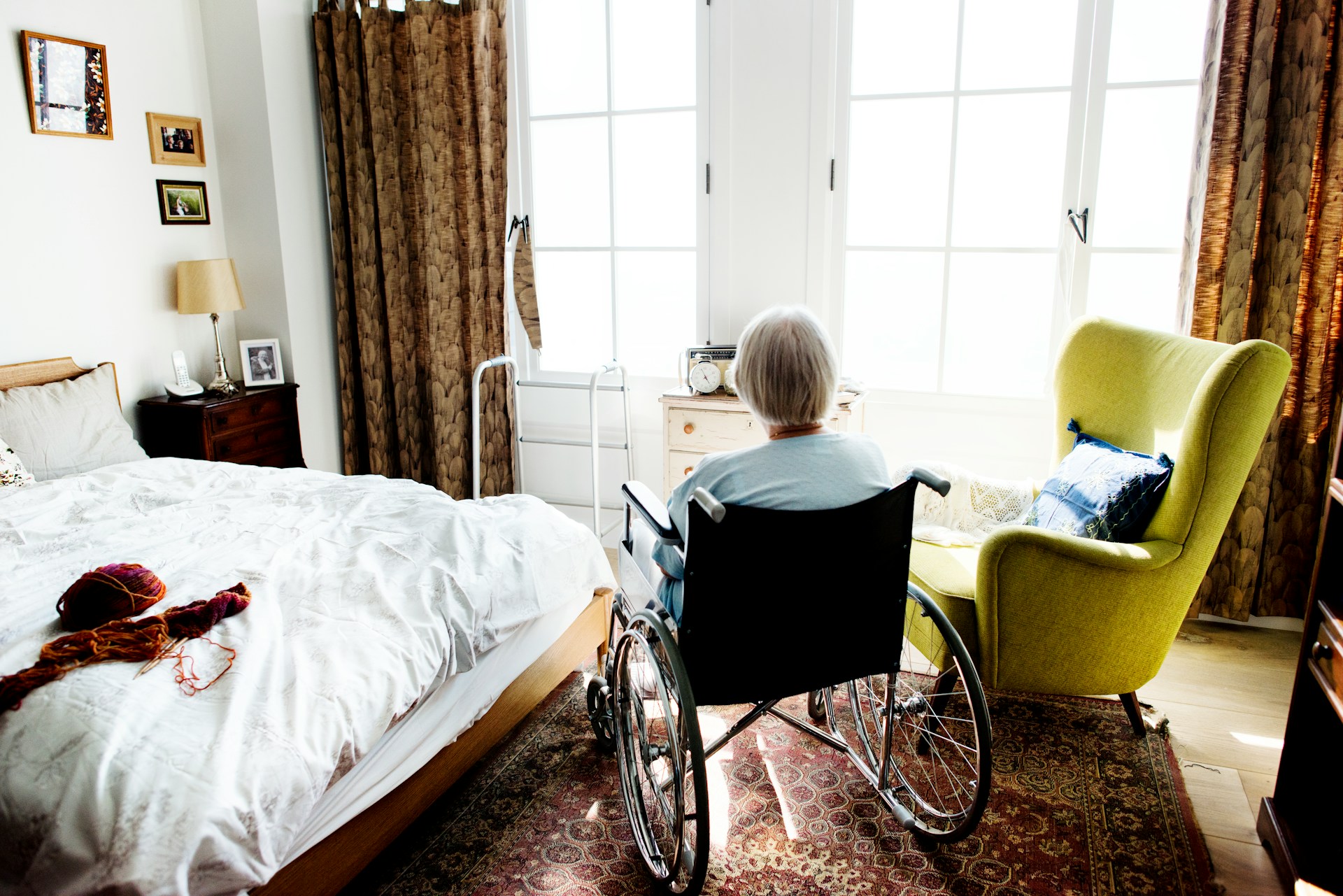Nursing home negligence is a concern that affects many families, leaving them worried about the safety and care of their loved ones. When these facilities fail to meet the expected standards of care, residents may suffer physical or emotional harm. Families rely on these homes to provide a safe and supportive environment, and when that trust is broken, it can be quite distressing. Ensuring that your loved one’s needs are met involves being vigilant and aware of the signs of negligence.
Gathering the right evidence is an important step in addressing nursing home negligence cases. This process not only involves understanding what qualifies as evidence but also how to collect and preserve it effectively. Proper documentation can make a significant difference in bringing attention to these issues and seeking the appropriate remedies. Whether it’s documenting medical records or keeping personal logs, knowing what to look for can help keep residents safe and hold those responsible accountable.
Recognizing Signs of Negligence
Identifying negligence in a nursing home setting requires a keen eye. There are several signs you can watch for that might indicate something isn’t quite right. Physical indicators are often the easiest to notice. Look for unexplained bruises or injuries, poor personal hygiene, or sudden weight loss. These can be red flags that the care being provided is not adequate.
Emotional changes can also signal a problem. If a resident appears withdrawn, depressed, or fearful, these could be signs that abuse or neglect is occurring. Pay attention to their mood and engagement with staff and other residents. Environmental clues are another piece of the puzzle. An unclean living space or broken equipment might reflect a lack of proper care and oversight.
If you’re worried that something is off, here are some specific things to keep an eye on:
– Physical signs: Unexplained bruises, bedsores, malnutrition, and dehydration.
– Emotional changes: Unusual silence, fearfulness, or a sudden shift in behavior.
– Environmental issues: Dirty rooms, inadequate bedding, or lack of necessary medical supplies.
Trust your instincts when something feels wrong. Open, empathetic communication with your loved ones can also provide insights into their experiences and feelings. Being observant and proactive about recognizing signs of negligence can play a key role in protecting the well-being of nursing home residents and ensuring they receive the care they deserve.
Types of Evidence Needed
When dealing with nursing home negligence cases, understanding the types of evidence needed is key to building a strong case. Let’s explore some of these types:
– Medical Records: These documents offer a detailed view of the resident’s health condition and the care they received. Look for inconsistencies or changes in treatment that don’t align with typical care. These records can provide a factual basis for what might have gone wrong.
– Witness Statements: Testimonies from staff, other residents, and visitors can be instrumental. They help paint a broader picture of the facility’s environment and can corroborate experiences of neglect or abuse. It’s helpful to gather detailed accounts and observations whenever possible.
– Photographic Evidence: Photos and videos serve as a visual confirmation of the conditions within a nursing home. They can document injuries, living conditions, and neglect. Make sure these images are clear and accurately dated for them to be most effective.
– Personal Logs: Keeping your own records of incidents, conversations with staff, and your observations is invaluable. A diary or logbook helps track patterns and establish timelines that may be significant to the situation.
– Communication Records: Emails, letters, and notes exchanged between your family and nursing home staff provide a paper trail. These communications can uncover promises made or reports submitted to management that were subsequently ignored.
Steps to Collect and Preserve Evidence
Securing all pertinent evidence involves careful collection and preservation. Here are a few steps to guide you:
1. Organize and Secure: Start organizing all collected evidence methodically. Use folders or digital storage to keep everything easy to find. Being organized helps ensure that no important details get lost.
2. Backup Digital Files: For all electronic evidence, maintain backup copies to prevent loss due to technical issues. Keep these backups in a secure location.
3. Label Everything Clearly: Each piece of evidence should have a clear label with the date and a brief description. This labeling helps contextualize every document and photo.
4. Consult Professionals: Consider getting help from experts, like legal professionals or medical advisors, who understand how to analyze the gathered evidence. They can assist in interpreting complex data.
Consulting a Nursing Home Negligence Lawyer in Little Rock, AR
Seeking legal advice can greatly benefit your case. A professional lawyer will not only help you gather and present evidence but also evaluate its impact on your case. Legal experts understand the complexities involved and can guide you through the process efficiently. The Law Office of Thomas G. Buchanan provides services to ensure that your concerns are heard and addressed properly.
Safeguarding Your Loved Ones
Protecting your loved ones in a nursing home encompasses more than just collecting evidence. By staying informed and engaged, you play a vital role in ensuring they receive the care they deserve. Regular visits, conversations with staff, and a keen awareness of changes in their well-being are all proactive steps.
Ensuring Justice and Safety for Your Loved Ones
The goal is not just to gather evidence but to create a safer environment for everyone involved. By taking these steps, families can make a difference in elder care and advocate for better standards within nursing homes.
If you suspect that your loved one has suffered due to negligence in a nursing facility, taking action can be vital. It’s important to have a solid understanding of the legal process and evidence needed to support your case. To explore your legal options, consult a nursing home negligence lawyer who can help you navigate these complex cases. The Law Office of Thomas G. Buchanan is here to guide you through these challenging times, ensuring you have the support you need for your case.

